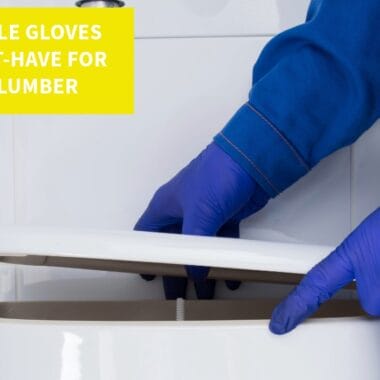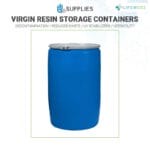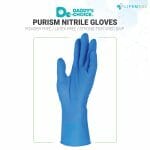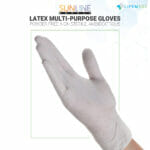What are HEPA Filters?
HEPA (High-Efficiency Particulate Air) filters are specialized air filters designed to trap at least 99.97% of airborne particles as small as 0.3 microns in diameter. These filters are widely used in various industries, including healthcare, laboratories, cleanrooms, and manufacturing, to ensure high air quality by removing dust, pollen, mold, bacteria, and even certain viruses from the air. HEPA filters are essential in environments where maintaining clean, contaminant-free air is critical for worker safety and product integrity, making them an important component of personal protective equipment (PPE) systems.
How Do HEPA Filters Work?
HEPA filters work by using a dense mat of fibers, typically made from fiberglass, arranged to create a labyrinth that traps airborne particles as air passes through. There are three primary mechanisms through which HEPA filters capture particles:
- Interception: Particles that pass close to a fiber in the filter adhere to it, becoming trapped.
- Impaction: Larger particles collide directly with the fibers and become stuck, unable to pass through the filter.
- Diffusion: Smaller particles, such as gases, move erratically through the air and are more likely to be captured as they pass through the filter.
By employing these mechanisms, HEPA filters are able to effectively remove microscopic particles from the air, ensuring that the air circulating in a space is clean and safe to breathe.
Key Features of HEPA Filters
- High Filtration Efficiency: HEPA filters can capture at least 99.97% of particles as small as 0.3 microns, making them highly effective in removing airborne contaminants that can pose health risks.
- Variety of Applications: HEPA filters are used in a range of settings, including HVAC systems, air purifiers, medical equipment, and respirators, to ensure air quality in healthcare, industrial, and home environments.
- Durability: HEPA filters are designed for long-term use, with high dust-holding capacity, ensuring they remain effective over extended periods.
Applications of HEPA Filters in the PPE Industry
HEPA filters are widely used in respiratory protection equipment, such as powered air-purifying respirators (PAPRs) and cleanroom environments, where maintaining air quality is critical for protecting workers from airborne contaminants. In healthcare settings, HEPA filters help prevent the spread of infectious diseases by filtering out viruses and bacteria in the air, making them a key component of hospital air purification systems.
They are also used in industrial and manufacturing settings, where dust, fumes, and harmful particles pose a significant risk to worker safety. In such environments, HEPA filters are integrated into ventilation systems or stand-alone air purifiers to maintain air quality.
Conclusion
HEPA filters are a critical component of air filtration systems in various industries, ensuring the removal of harmful airborne particles to protect worker health and maintain safe environments. With their ability to capture particles as small as 0.3 microns, HEPA filters provide reliable protection in healthcare, manufacturing, and cleanroom settings, making them indispensable in ensuring clean air and preventing exposure to contaminants.
« Back to Glossary Index

















